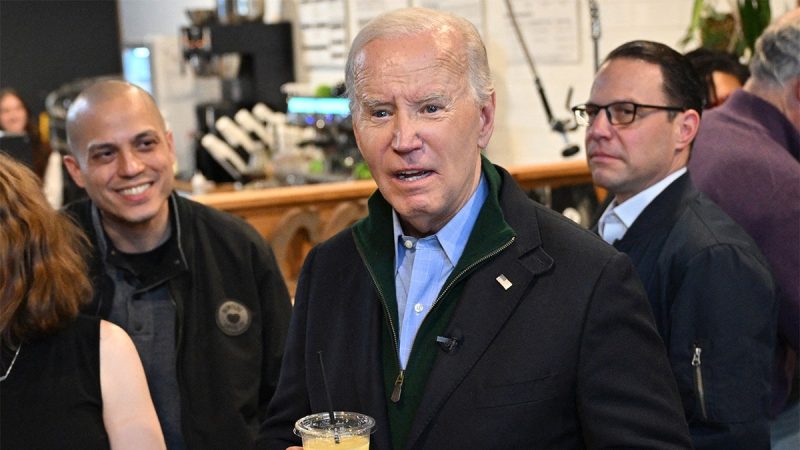Iran-Backed Militia Kills 3 US Troops: A Grim Reminder of the Complexities in US-Iran Relations
In a tragic turn of events, three US troops were killed by an Iran-backed militia just weeks after President Joe Biden stated that Tehran knows not to do anything. This incident serves as a stark reminder of the complexities and challenges that persist in the relationship between the United States and Iran.
The attack took place in Iraq, where tensions between the US and Iran have been simmering for years. The targeted US troops were part of the international coalition fighting against the remnants of the Islamic State (IS) in the region. The Iran-backed militia, known as Kataib Hezbollah, claimed responsibility for the attack, further escalating the already tense situation.
President Biden’s statement, made during a press conference, was intended to convey his administration’s commitment to diplomacy and de-escalation with Iran. However, it also highlighted the delicate balance that the US must navigate when dealing with a country that has a history of supporting proxy militias in the region.
Iran has long been accused of providing financial, military, and logistical support to various militias across the Middle East, including in Iraq, Syria, Lebanon, and Yemen. These militias often operate independently, but their actions can have far-reaching consequences, as demonstrated by the recent attack on US troops.
The incident raises questions about Iran’s intentions and its ability to rein in its proxy militias. While it is true that Iran has significant influence over these groups, it is also important to recognize that they are not always under Tehran’s direct control. They often have their own agendas and may act independently, even if it goes against Iran’s interests.
The attack also underscores the challenges faced by the Biden administration in its efforts to revive the Iran nuclear deal, formally known as the Joint Comprehensive Plan of Action (JCPOA). The deal, which was signed in 2015, aimed to curb Iran’s nuclear program in exchange for sanctions relief. However, former President Donald Trump withdrew the US from the agreement in 2018, leading to increased tensions between the two countries.
President Biden has expressed his willingness to re-engage with Iran and revive the JCPOA, but this incident serves as a reminder that the path to diplomacy is fraught with obstacles. The attack on US troops by an Iran-backed militia could complicate the already delicate negotiations and further strain the relationship between the two countries.
It is crucial for the US to address the issue of Iran’s support for proxy militias in any future negotiations. While the focus of the talks may primarily be on Iran’s nuclear program, it is essential to address the broader regional security concerns as well. This includes holding Iran accountable for the actions of its proxy militias and ensuring that they do not pose a threat to US forces or regional stability.
Furthermore, the incident highlights the need for the US to maintain a robust and vigilant approach to its military presence in the region. The fight against IS and other extremist groups remains a priority, and the US must continue to work with its international partners to ensure the safety and security of its troops.
In conclusion, the recent attack on US troops by an Iran-backed militia serves as a grim reminder of the complexities and challenges in the relationship between the United States and Iran. It underscores the need for the US to address Iran’s support for proxy militias in any future negotiations and maintain a vigilant approach to regional security. The incident also highlights the delicate balance that the Biden administration must navigate as it seeks to revive the Iran nuclear deal and engage in diplomacy with Tehran.

